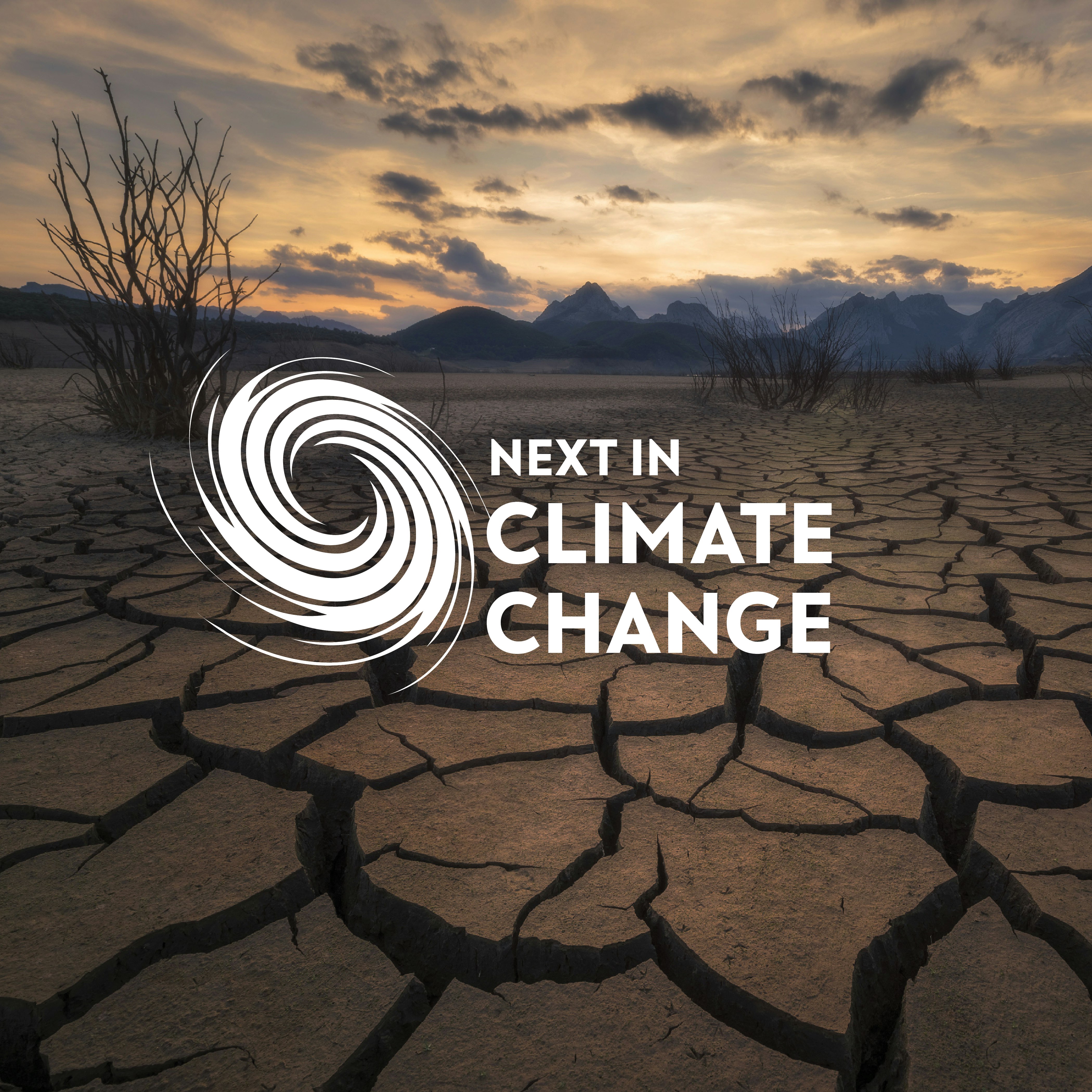Next in Climate Change: The Ethel and David Jackson Next in Science Program

The Next in Science series provides an opportunity for early-career scientists whose creative, cross-disciplinary, and cutting-edge research is thematically linked to introduce their work to non-specialists, fellow scientists, and one another.
The speakers in “Next in Climate Change” will discuss emerging scientific research and multi-dimensional implications of climate change for people, society, and our planet. The program will focus on five critical areas of inquiry and the connections among them: extreme weather and its impacts on communities, infrastructure, and the environment; economic effects of climate change, as well as economic opportunities; consequences of climate change on global health, ranging from cancer to pandemics; impacts on particularly vulnerable populations; and approaches to mitigation for the results of climate change.
Harvard Radcliffe Institute gratefully acknowledges the Ethel and David Jackson Fund for the Future Climate, which is supporting this event.
Event Videos

Welcome and introduction of first two speakers
- Immaculata De Vivo, codirector of the science program, Harvard Radcliffe Institute; professor of medicine, Harvard Medical School; and professor of epidemiology, Harvard T.H. Chan School of Public Health
Extreme Weather under Climate Change: Causes and Consequences
- Kimberley R. Miner, scientist, NASA Jet Propulsion Lab and research assistant professor, Climate Change Institute, University of Maine

How Heat Hurts: The Hidden Costs of a Warmer World
- R. Jisung Park, assistant professor of public policy, Luskin School of Public Affairs, UCLA

Welcome back and introduction of next two speakers
- Immaculata De Vivo
How Climate Affects Our Mental Health and Wellbeing
- Amruta Nori-Sarma, assistant professor, Department of Environmental Health, Boston University School of Public Health

Blackout: Power Outage Distribution and Disparities Nationwide
- Joan A. Casey, assistant professor, Department of Environmental Health Sciences, Columbia University Mailman School of Public Health

Welcome back and introduction of final speakers
- Edo Berger, codirector of the science program, Harvard Radcliffe Institute and professor of astronomy, Harvard Faculty of Arts and Sciences
Exploring Unconventional, Earth-Inspired, and Sustainable Solutions for Meeting Energy and Resource Needs in Response to a Changing Climate
- Greeshma Gadikota, assistant professor and Croll Sesquicentennial Fellow; Cornell Atkinson Center for Sustainability Fellow, School of Civil and Environmental Engineering, Cornell University

Discussion and audience Q&A (all speakers)
- Moderator: Edo Berger
Close of program
- Edo Berger


